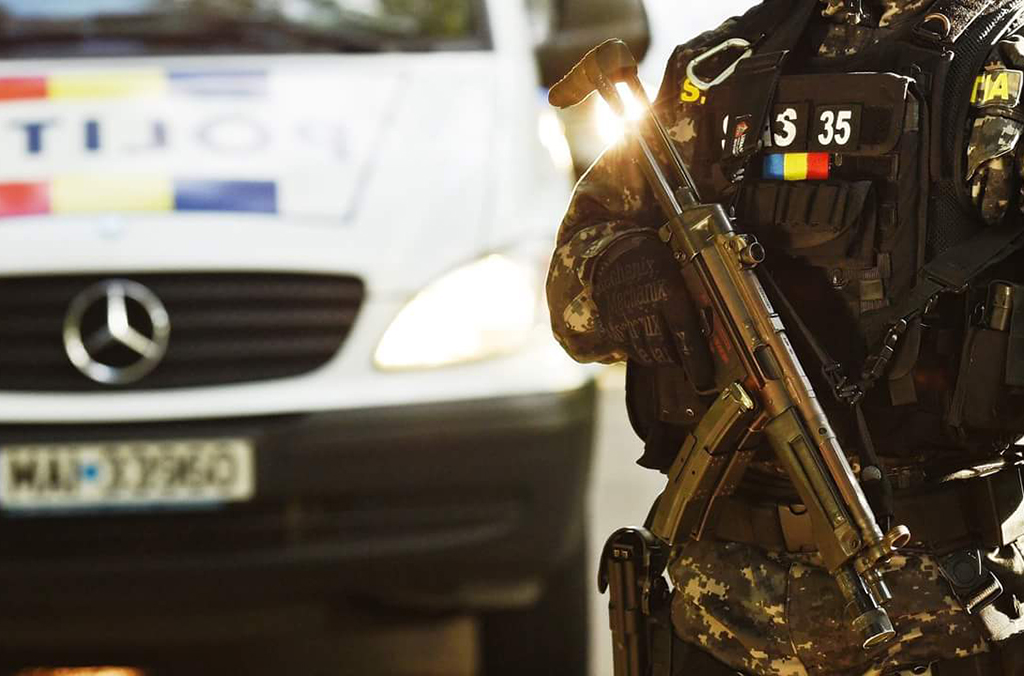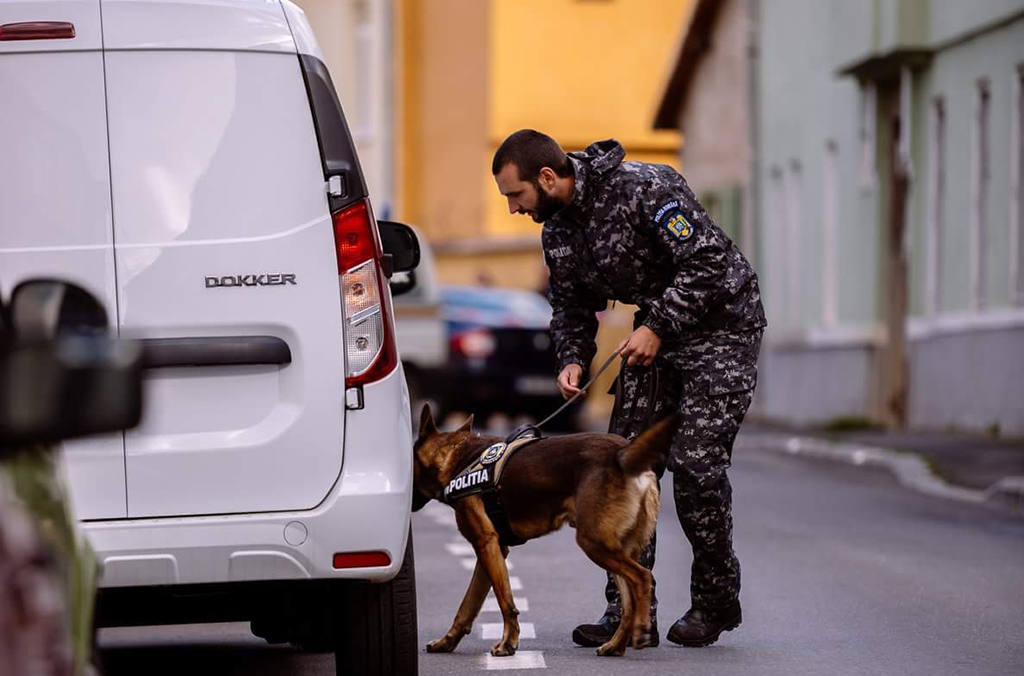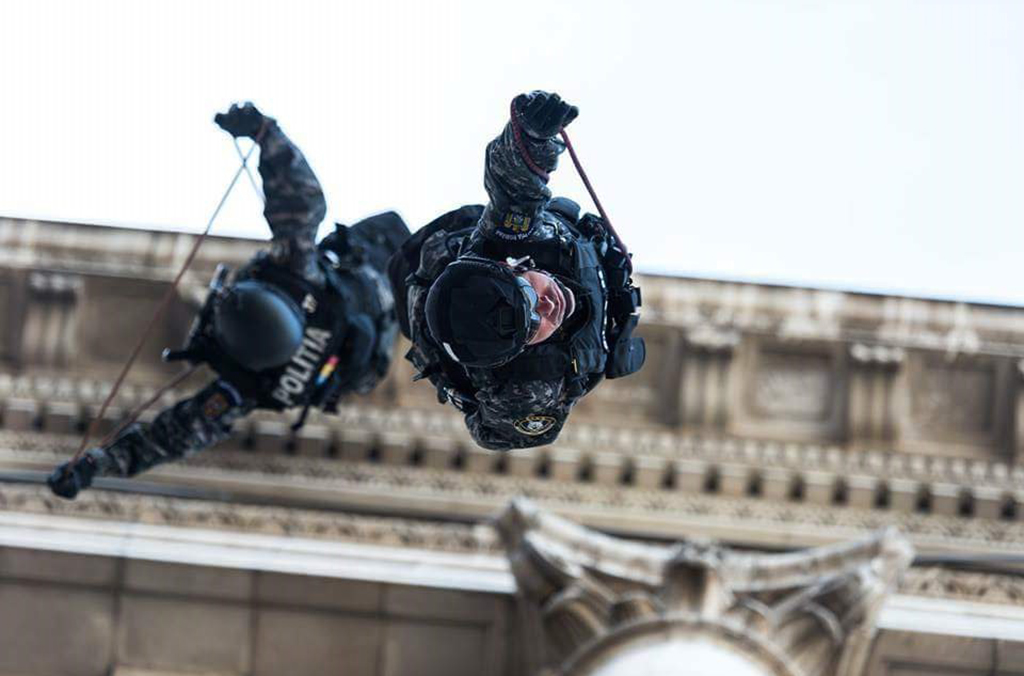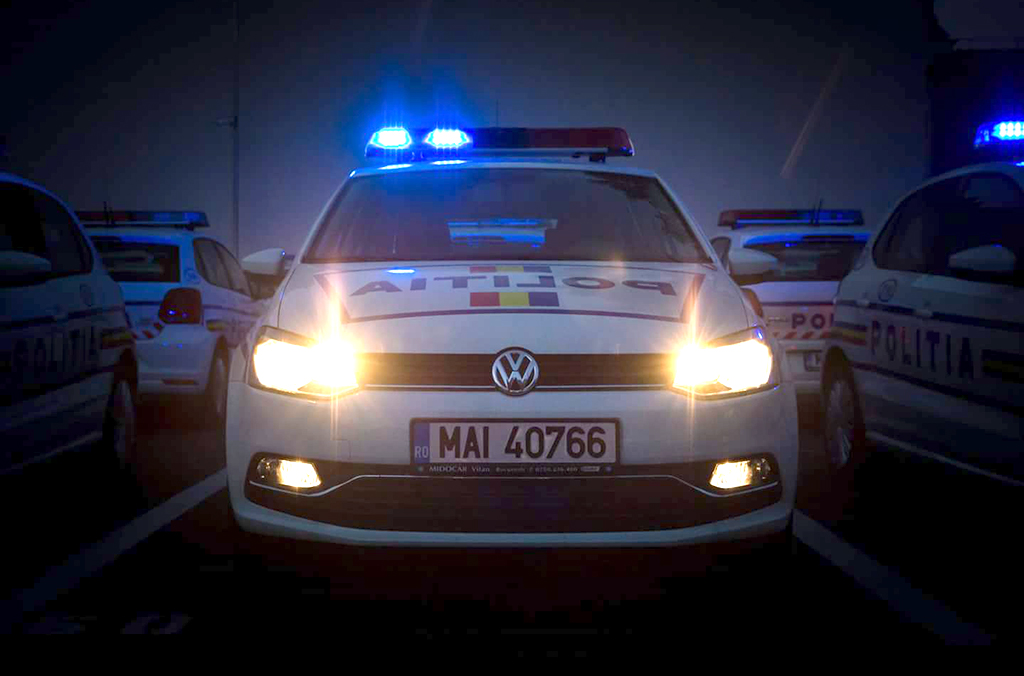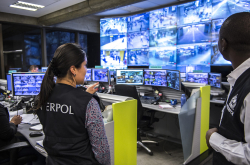 ROUMANIE
ROUMANIE
Fighting organized crime in Romania
Romania is located on the border between the European Union and Asia, at the crossroads of Central, Eastern and Southeastern Europe.
This geographical location means it can serve as a transit route for regional organized crime groups wishing to carry out drug, weapon and people smuggling operations, which in turn can lead to money laundering and violent crime.
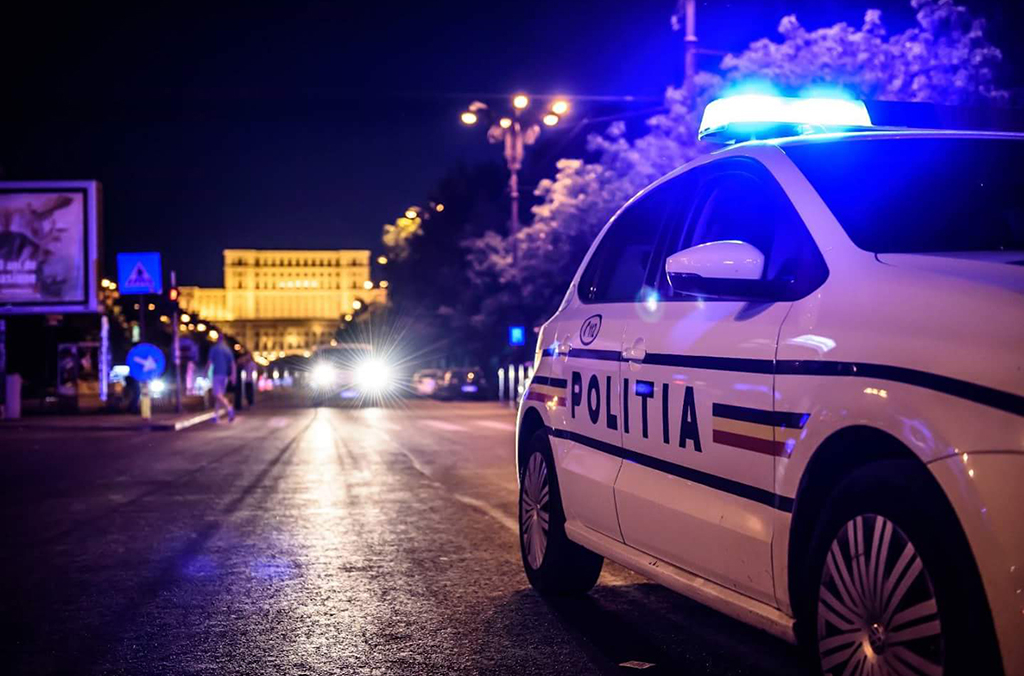
The international characteristics of these crimes and their links with crime networks around the world make the role of the INTERPOL National Central Bureau (NCB) in Romania fundamental to maintaining national and regional security.
INTERPOL in Romania
NCB Bucharest plays a central role in preventing the country and surrounding region from serving international organized crime. By providing globally-sourced intelligence about regional trends, the NCB helps police officers across Romania to detect and investigate the flow of illicit goods along trafficking routes in and around the country.
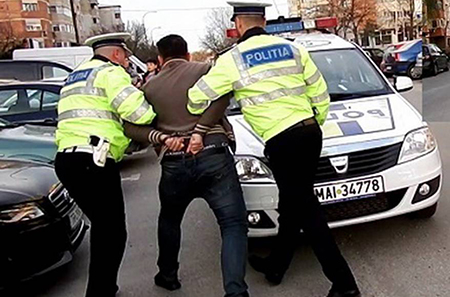
Staffed by 36 police officers, the NCB regularly takes part in INTERPOL-led police operations in the region, particularly against criminal organizations involved in drugs, financial crime and cybercrime.
It also plays a key national role in tackling serious offences such as terrorism, crimes against people and property, crimes against children, illegal immigration, automobile theft and art theft.
To boost border security and investigations for more than 60,000 law enforcement officials, NCB Bucharest has given national and border police access to INTERPOL’s databases on wanted people, stolen passports and stolen vehicles, meaning they can quickly determine if a person is a potential criminal.
Law enforcement in Romania
Part of the Ministry of Internal Affairs, the Romanian Police is responsible for public order, crime prevention, criminal investigations and the protection of people and property.
NCB Bucharest is part of the International Police Cooperation Centre of the Romanian Police. The NCB falls under the direct command of the Inspector General of Police.




